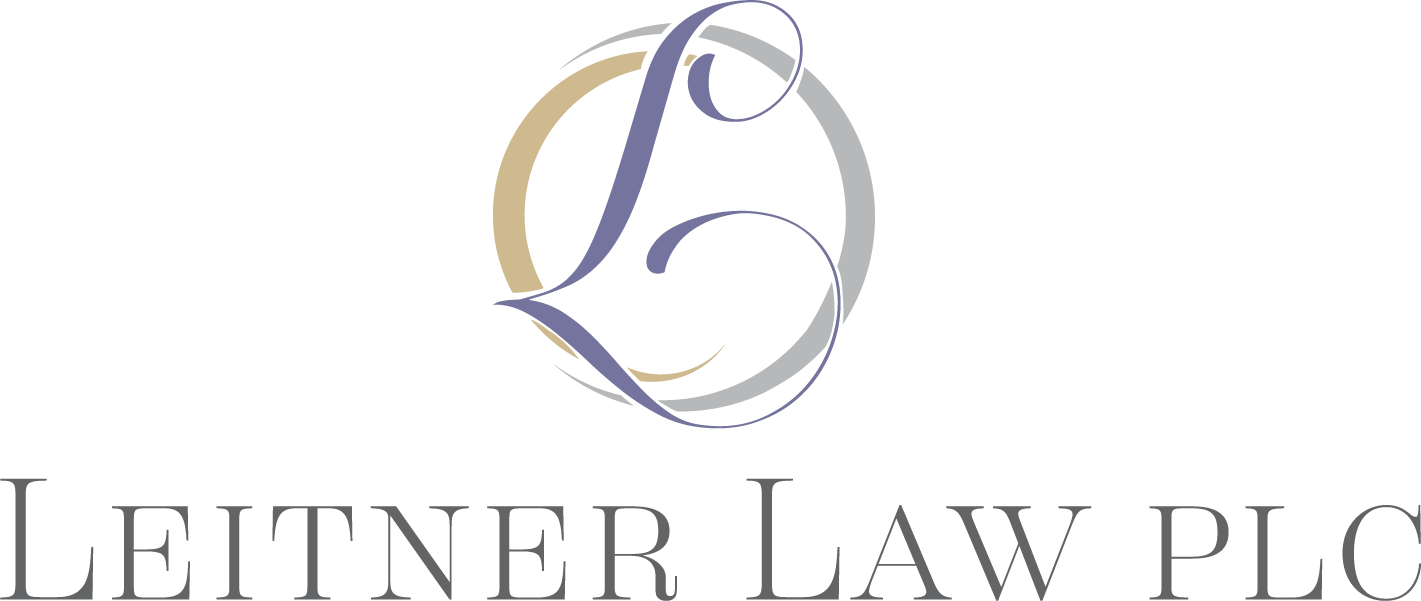Maximizing Estate Value: 1031 Exchanges as a Strategic Tool
When planning the future of your investment properties, considering a 1031 exchange might significantly benefit your estate. This strategy is a useful tool for deferring capital gains taxes, allowing you to reinvest the funds you would have paid in taxes into expanding your real estate portfolio and overall wealth.
What is a 1031 Exchange?
A 1031 exchange is a strategy that involves swapping one investment or business property for another. By doing so, you defer the capital gains taxes on the profit from selling the original property. It's a way to postpone, not avoid, capital gains taxes, enabling you to leverage the full value of your investment immediately.
Key Requirements for a 1031 Exchange
For a transaction to qualify as a 1031 exchange, it must meet three primary criteria set by the Internal Revenue Service:
Nature of Property: Both the sold and acquired properties must be for investment or business use. This includes a variety of property types, but there are specific rules concerning vacation homes.
Role of a Qualified Intermediary: The capital from the sale of the first property must be held by a neutral third party or "qualified intermediary" until you acquire the new property. Directly accessing these funds can invalidate the exchange.
Timelines for Exchange: There are strict timelines within which you must identify and close on the new property. You have 45 days post-sale to identify potential replacement properties and a total of 180 days to finalize the purchase.
Continual Deferral and Long-Term Benefits
The beauty of 1031 exchanges is their ability to be repeated, offering the potential to defer capital gains taxes indefinitely. This can significantly enhance the long-term growth of your real estate investments. When the property is eventually sold without reinvestment, capital gains taxes are due, typically at a favorable long-term rate.
Estate Planning Advantages
A 1031 exchange can serve as a powerful estate planning tool. If you hold onto the exchanged property until your death, the property's basis is stepped up to its current market value for your heirs. This means they may avoid paying capital gains taxes on the property's appreciation during your lifetime.
However, the process involves nuanced rules and considerations. It's essential to consult with a legal or tax professional, like the Leitner Law Group, to navigate the complex landscape of 1031 exchanges and ensure it aligns with your overall estate planning goals.


